In the CBS’ 60 Minutes aired on Sunday, Fed Chair Jerome Powell said “we feel like we’re at a place where the economy’s about to start growing much more quickly and job creation coming in much more quickly”. He added that the growth in H2 is “going to be very strong”.
“There really are risks out there,” he added. “And the principal one just is that we will reopen too quickly, people will too quickly return to their old practices, and we’ll see another spike in cases.” But even in that case, any spike in cases wouldn’t be as disastrous as prior ones, thanks to vaccinations. The economy will still “move ahead more quickly to the extent we keep the spread of COVID under control.”
The time to for the administration to reduce the budget deficit is “when the economy is strong and we’re fully recovered and people are working and taxes are rolling in,” he said. “The time to do that is not now.”




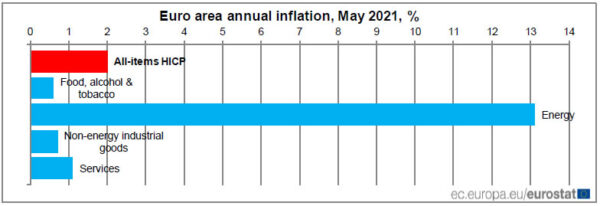
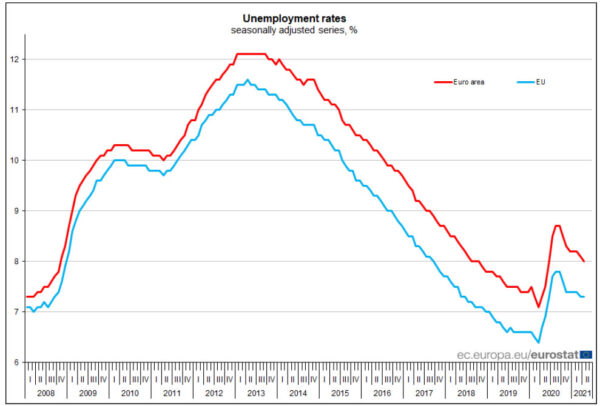
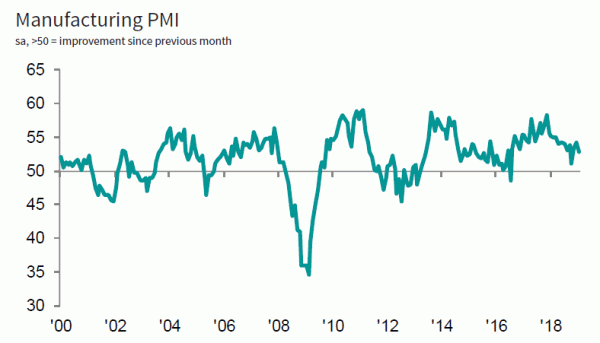
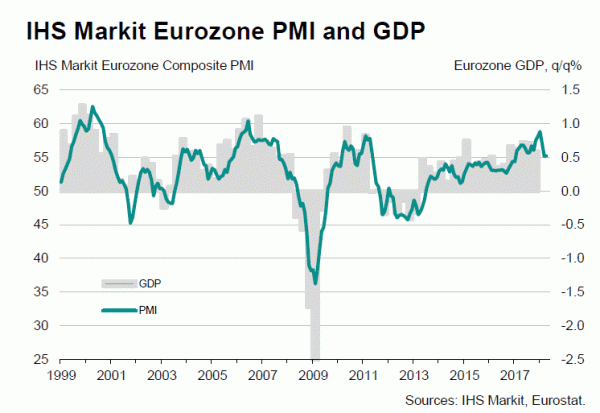
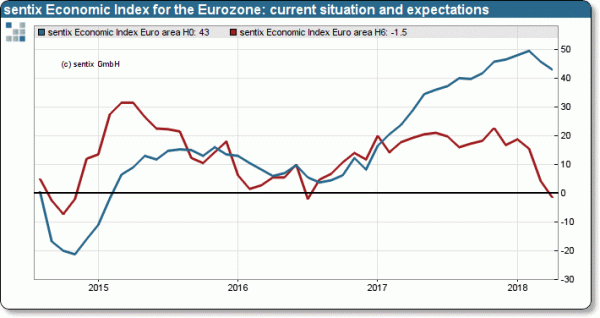
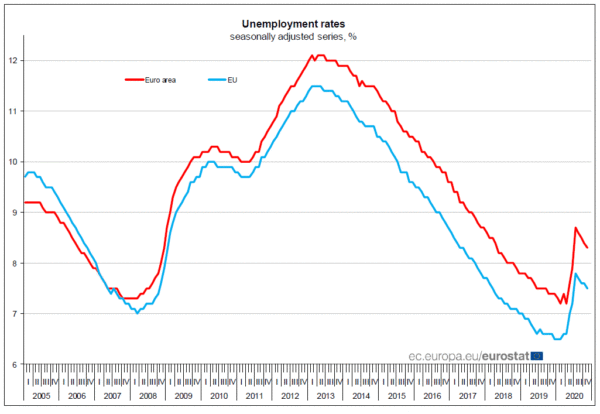
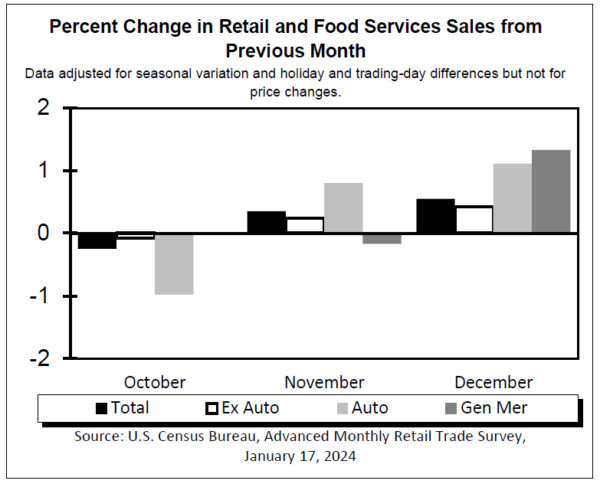
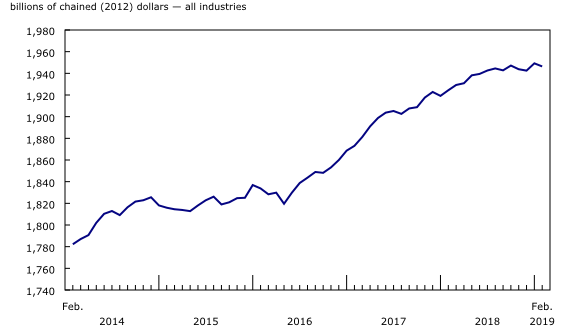
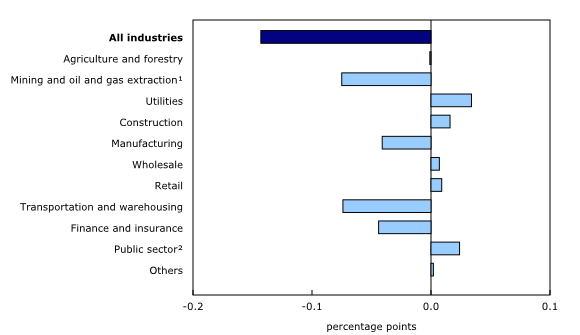

ECB staff to work form home on Monday as precautionary test
ECB canceled most of its public events over the next month due to coronavirus outbreak in Europe. Also, it told most of its over 3500 staff to work from home on Monday, as a “precautionary” drill in case of shutdown.
A spokesman said “the ECB has facilities in place for large scale remote working and Monday 9 March will serve as a precautionary test for the infrastructure but also for ECB staff in case such large scale usage of the facilities becomes necessary at some point.
Still, the scheduled Governing Council meeting would go ahead as scheduled on Thursday.